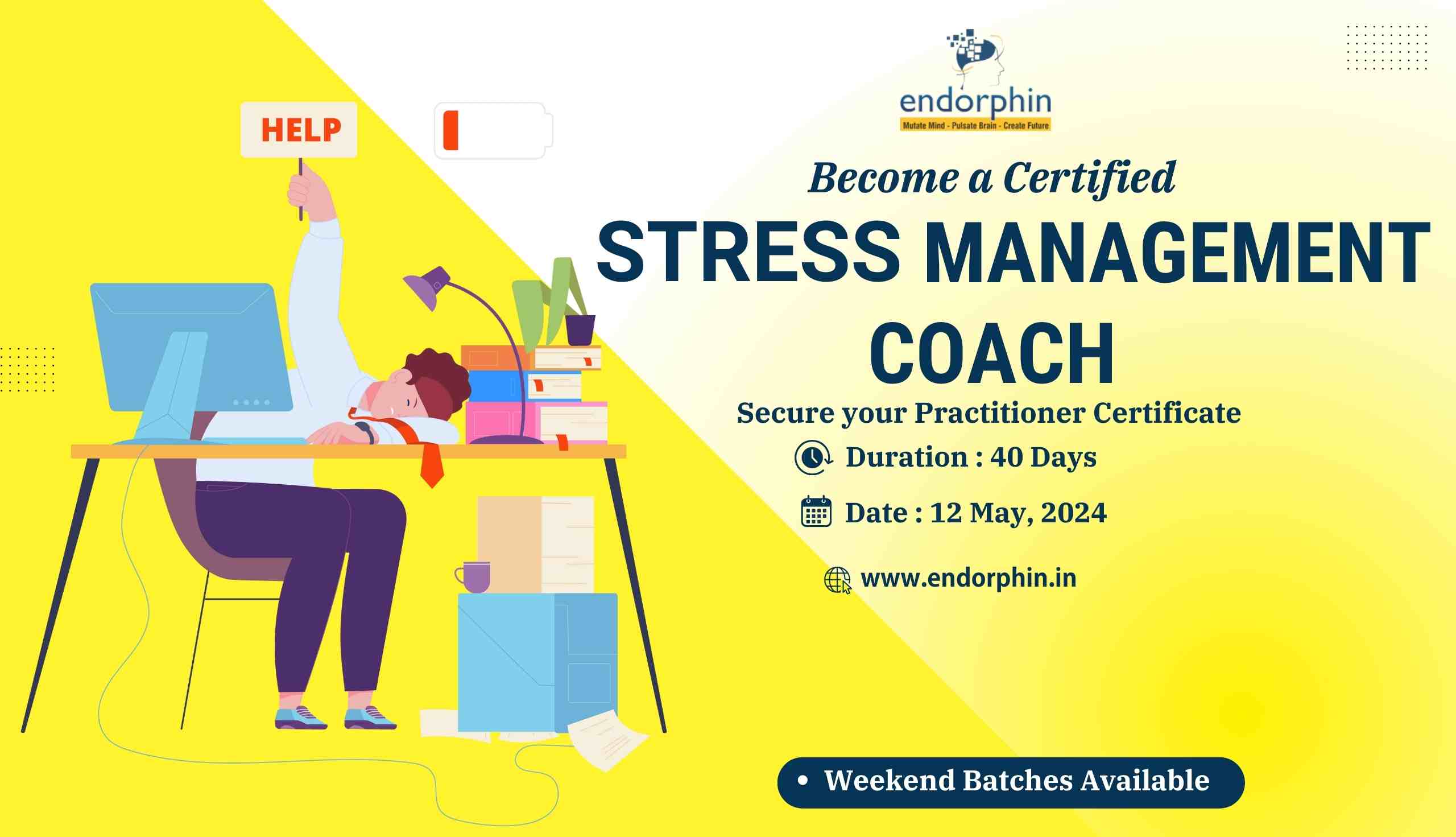Stress Management: The Key to Thriving in a Professional Life.
In the fast-paced and demanding world of professionals, stress has become an inevitable companion. Balancing work deadlines, client expectations, and personal responsibilities can take a toll on our mental and physical well-being. However, understanding the importance of stress management and implementing effective strategies can make a significant difference in our day-to-day lives.

Stress is a natural response to the challenges and pressures we face, but prolonged exposure to high levels of stress can have detrimental effects on our health, productivity, and overall quality of life. This is why stress management is not just a luxury but a necessity for professionals seeking to thrive in their careers and personal lives.
First and foremost, stress management is vital for maintaining good mental health. Chronic stress can lead to anxiety, depression, and burnout, affecting our ability to focus, make decisions, and maintain healthy relationships. By incorporating stress management techniques into our routines, such as mindfulness or meditation practices, we can cultivate a sense of calm, improve our emotional well-being, and enhance our resilience to stressful situations.
Furthermore, stress management plays a crucial role in optimizing our productivity and performance. When we are overwhelmed by stress, our ability to concentrate and solve problems diminishes. On the other hand, when we effectively manage stress, we can maintain a clear mind, enhance our creativity, and make better decisions. By prioritizing self-care and incorporating stress-reducing activities into our daily schedules, such as exercise, relaxation techniques, or engaging in hobbies, we can recharge our energy levels, improve our focus, and enhance our overall productivity..
Stress management is also essential for fostering positive relationships and maintaining work-life balance. Excessive stress can strain relationships with colleagues, friends, and family, leading to conflicts and feelings of isolation. By managing stress effectively, we can enhance our communication skills, cultivate empathy, and establish healthy boundaries. This enables us to foster supportive relationships, both personally and professionally, and create a harmonious work-life balance that promotes overall well-being.
One of the key components of stress management is recognizing and addressing the root causes of stress. Identifying the sources of stress in our professional lives, such as excessive workload, unrealistic expectations, or lack of support, allows us to develop targeted strategies to mitigate their impact. This may involve delegating tasks, seeking assistance when needed, or communicating assertively to set realistic boundaries and manage expectations. Taking proactive steps to address the underlying causes of stress empowers us to regain control over our professional lives and reduce its negative impact on our well-being.
In addition to individual stress management techniques, organizations also play a crucial role in creating a supportive and stress-resilient work environment. Employers can implement initiatives such as flexible work arrangements, wellness programs, and stress management workshops to empower their employees to effectively manage stress. By prioritizing employee well-being, organizations can boost morale, increase job satisfaction, and ultimately improve overall productivity and employee retention.
It is important to remember that stress management is not a one-size-fits-all approach. Different individuals respond to stress differently, and it may take time to find the techniques that work best for you. Experimenting with various stress management strategies and seeking support from professionals or support networks can be instrumental in discovering what helps you alleviate stress effectively.
In conclusion, stress management is paramount for professionals navigating the challenges of modern-day work life. By prioritizing stress management, we can safeguard our mental health, optimize our productivity, foster positive relationships, and achieve a harmonious work-life balance. Investing time and effort into stress management techniques not only benefits us as individuals but also creates a more resilient and thriving professional community.
Remember, stress may be a constant companion, but it doesn’t have to define our lives. With the right stress management tools and strategies in place, we can





